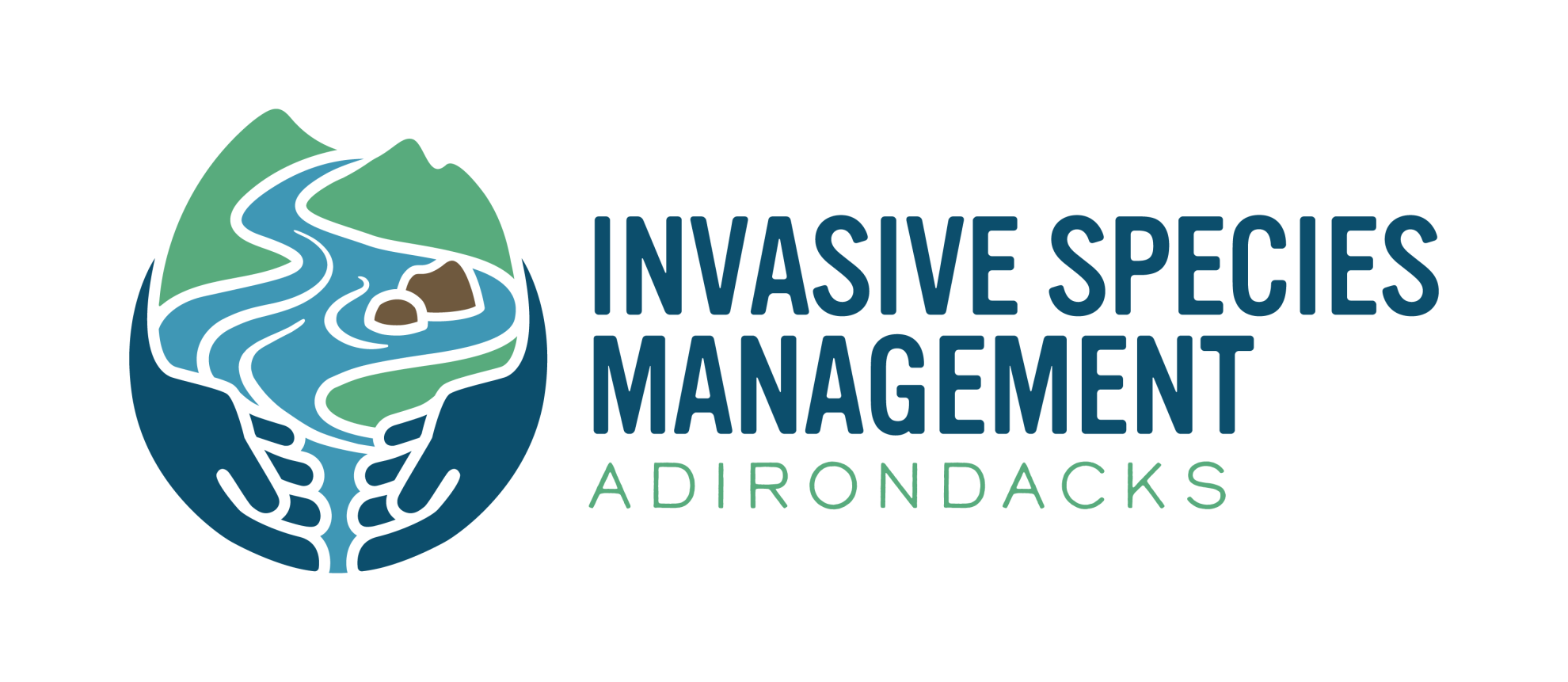APIPP kicks off 2024 webinars with ‘Adirondack Forest Ecology’

APIPP kicks off 2024 webinars with ‘Adirondack Forest Ecology’
KEENE VALLEY – The Adirondack Park Invasive Plant Program’s 2024 educational webinar programming will begin Thursday, Jan. 18, with “Adirondack Forest Ecology.”
APIPP’s terrestrial and aquatic partner meetings will be held Feb. 7 and 8, respectively, and the “Adirondack Lake Ecology” webinar will follow on March 6.
“Adirondack Forest Ecology” will be a comprehensive discussion on Adirondack forests and how they could be negatively impacted by hemlock woolly adelgid, an invasive forest pest.
Mark Lesser, associate professor with the Center for Earth and Environmental Science at Plattsburgh State University, will give a detailed overview of what makes Adirondack forests look and function the way they do. The talk will include the roles hemlock and beech trees play in Adirondack forests and what could happen if we lose those species to forest pests and pathogens.
Lesser’s overview of Adirondack forests will be followed a presentation by Jesse Webster, forester and resource manager at Great Smoky Mountains National Park, who will present a case study on the impact hemlock woolly adelgid (HWA) has had on forests in Great Smoky Mountains National Park.
HWA is an invasive insect that kills eastern hemlocks if left unaddressed. The forest pest was first confirmed in Great Smoky Mountains National Park about 20 years ago and in the Lake George region of the Adirondacks in 2020.
The forest ecology webinar will close with APIPP Manager Tammara Van Ryn, who will discuss how people can get involved through APIPP’s Forest Pest Hunters program, which trains volunteer citizen scientists to identify, monitor for, and report hemlock woolly adelgid and beech leaf disease.
March’s “Adirondack Lake Ecology” webinar will complement the forest ecology webinar by presenting a detailed overview of how Adirondack waterbodies function and how those functions can be negatively impacted by invasive species.
Peter Tobiessen, biology professor emeritus at Union College and author of “The Secret Life of a Lake: The Ecology of Northern Lakes and their Stewardship,” will cover aquatic topics including lake turnover, lake productivity, general food webs and the importance of biodiversity.
Brian Greene, APIPP’s aquatic invasive species coordinator, will then discuss how invasive species impact biodiversity, how to avoid spreading invasive species from one waterbody to another, and how to get involved in APIPP’s Lake Protectors program, which trains volunteer citizen scientists to identify, monitor for, and report invasive species.
The “Adirondack Forest Ecology” webinar is scheduled for 10-11:30 a.m. on Thursday, Jan. 18.
The “Adirondack Lake Ecology” webinar is scheduled from 10-11:30 a.m. on Wednesday, March 6.
To learn more or to register for a webinar, visit www.adkinvasives.com/events.
###
The Adirondack Park Invasive Plant Program (APIPP) serves as the Adirondack Partnership for Regional Invasive Species Management (PRISM), one of eight partnerships across New York. APIPP is hosted by The Adirondack Chapter of The Nature Conservancy and receives financial support from the Environmental Protection Fund administered by New York State Department of Environmental Conservation.
APIPP’s mission is to work in partnership to minimize the impact of invasive species on the Adirondack region’s communities, lands, and waters.

